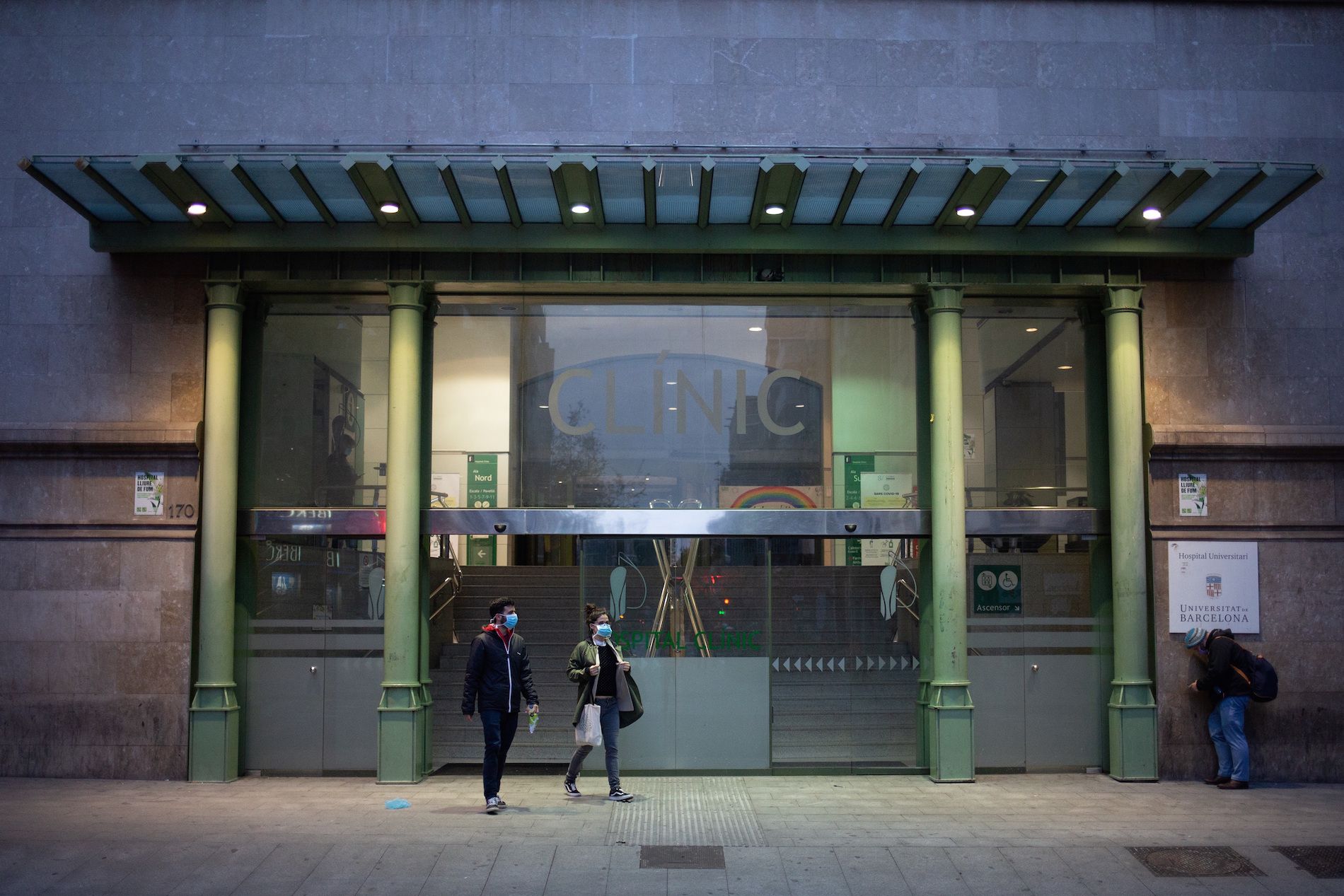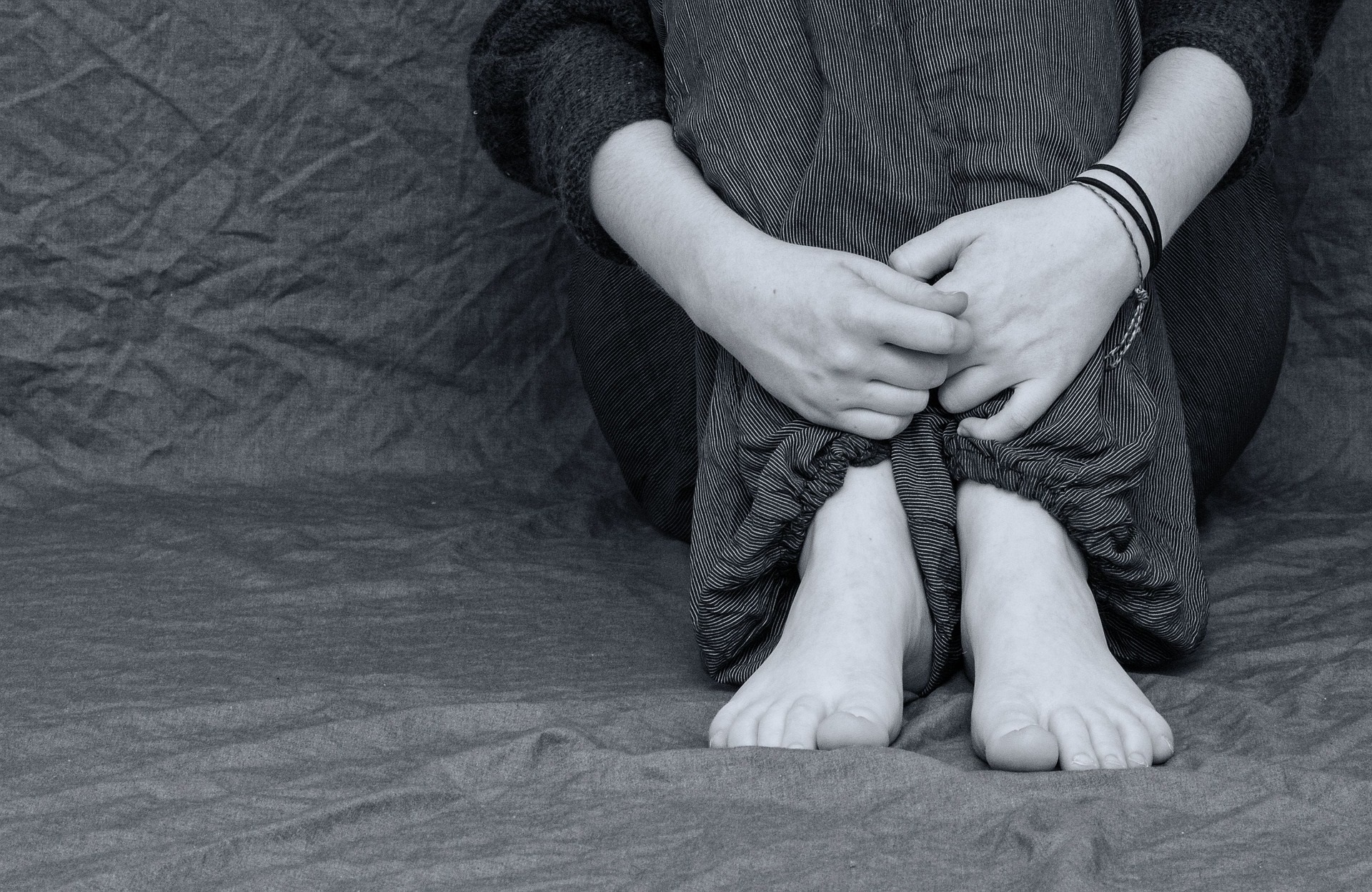

«They have abandoned us. “The administration has left mental health in children and young people in a state of total abandonment.” This is the great lament of Laura Trabalreal name of the mother
The disease suffered by Aina, which affects a part of the population – the vast majority, invisible – quickly worsened. Self-harm was added to the complications in the relationship with food. From the outset, following the stipulated protocols, Trabal took his daughter to the Child and Youth Mental Health Center (CSMIJ) in the Sant Martí district after actively and passively “insisting” that Aina receive urgent care: “They told me that I had to wait until September to have an appointment”complaint. “I don’t ask for anything because I see that I don’t have the right as a citizen,” she continues. Once he managed to receive an appointment, the visits were “short” and every two weeks. The illness continued to worsen. On April 22, 2024, after a long journey of ten months of anguish and the lack of direct action on the part of the administration, which made it difficult to refer Aina to a unit specialized in public mental health, The mother chose to take her daughter directly to the mental health unit of the Hospital Clínicalso a public medical center. She has been admitted there for more than 150 days. “From the hospital they maintain that it is a unit prepared for short stays, but more than four months I don’t know if it can be considered short…” he asks.
«I had to show up, they told me to wait for me»
Laura Trabal chose the Barcelona Clinical Hospital because it is one of the few health centers in the city prepared for the fight against eating disorders, but it was not easy to access: «I had to introduce myself personally because they told me [desde el CSMIJ] “to continue waiting,” remember. Her daughter was able to enter the Clinic, but not all families are so lucky and many of them are forced to resort to private healthcare – where treatments can cost up to 4,000 euros per month: “There are many families who have been forced to remortgage their apartment to pay for the clinic for their daughters”laments Trabal, who does not hide his indignation and assures that, if that had been the case, he would have rolled up his sleeves to try to face the economic costs of the private treatment.

An “overwhelmed” health system
During these months of constant, daily struggle, Laura Trabal has experienced first-hand the “overflow” of the Catalan health system in the fight against eating disorders: “I am aware that they are overwhelmed. I empathize and join their demands, but I cannot empathize with the fact that they do not have the necessary training to care for a sick child. “As a citizen, I have the right to have public medical care, and even more so for my daughter and all the children, who are the weakest link in society,” she exclaims angrily. He assures that at the CSMIJ of Sant Martí there are workers who do not have the necessary training to care for children who suffer from an eating disorder: “They themselves recognized it to me,” he asserts. «Not only do you have to fight against the disease, you also have to fight against the system. Against the administration»continues. At the Hospital Clínic, Trabal also denounces “shortcomings” and systemic “lack of resources”, but wants to send a message of support to all the professionals who work: “They are everything to me and my daughter. Each one of them: the nurses, the doctors, the cleaning women, the orderlies… They are our angels. They do everything they can and more with what they have«, thanks.
The lack of resources is not only noticeable in the exorbitant waiting lists, but in the day-to-day fight against childhood and adolescent eating disorders. Aina’s mother denounces that “there is a lack of workshops”, “classroom hours” and other activities to do during the weeks and months of treatment: “They are basic questions that help them a lot. “We have tried to make donations to facilitate these activities, but they do not accept them.”he exclaims. “The television stopped working in August and it took them more than a month to fix it,” he continues. These are resources that the administration already allocates to children with cancer. That is why Laura Trabal demands that they also be allocated to children fighting an eating disorder. Along these lines, Aina’s mother also denounces that the administration has “abandoned” the families: “We are not offered any type of psychological support, any help for the displacement… We have to find it all ourselves,” laments the mother. , which celebrates that they are resources that the Catalan administration provides to families suffering from childhood cancer, among others.

Eating disorders, the “deadliest” mental illness
Along these lines, the spokesperson for the Association Against Anorexia and Bulimia (ACAB), Barbara Alcaidean entity that is responsible for accompanying people affected by an eating disorder and their families, also confirms that the health system does not have sufficient resources to face “the rise” of cases, especially after the coronavirus pandemic. Covid, of these diseases. In fact, According to the data from the latest Health Survey of Catalonia – carried out by the Department of Health, now in the hands of Minister Olga Pané – more than 85,000 people claim to suffer from an eating disorder.. According to the Hospital de la Santa Cruz y Santo Pablo, one of the public centers of reference in the fight against these diseases, this is the psychiatric disorder that causes “more mortality”, with 7% of registered cases, and with a suicide rate of 6%, the same as that recorded in depression. The figures indicate that it is a type of disorder that affects a part of the population, especially younger people. Specifically, eating disorders affect about 5% of the country’s young people. «After the pandemic, the number of cases has grown rapidlyespecially in girls between 11 and 12 years old. The system is not prepared to face this new reality«, argues Alcaide.
To address the problem, The Catalan administration launched a shock plan in 2020 to improve care for eating disorders and promote prevention, especially among youth. At this point, but, This shock plan has not been fully deployed: “More resources are needed, the mental health units of the hospitals respond to the most serious cases, but the milder ones are more helpless,” argues the spokesperson for the association against anorexia and bulimia. “There is a lot of work to do,” he exclaims. Laura Trabal and her daughter continue to fight anorexia every day, now from the Adolescent Crisis Unit of the Benito Menni Hospital. Tired, exhausted, anguished, but with the firm conviction that everything will end up working out well. That there is hope. «Mental illnesses are not permanently cured, you learn to live with them. You have to be strong, because I told my daughter that when her strength failed, it would not fail me.«.
